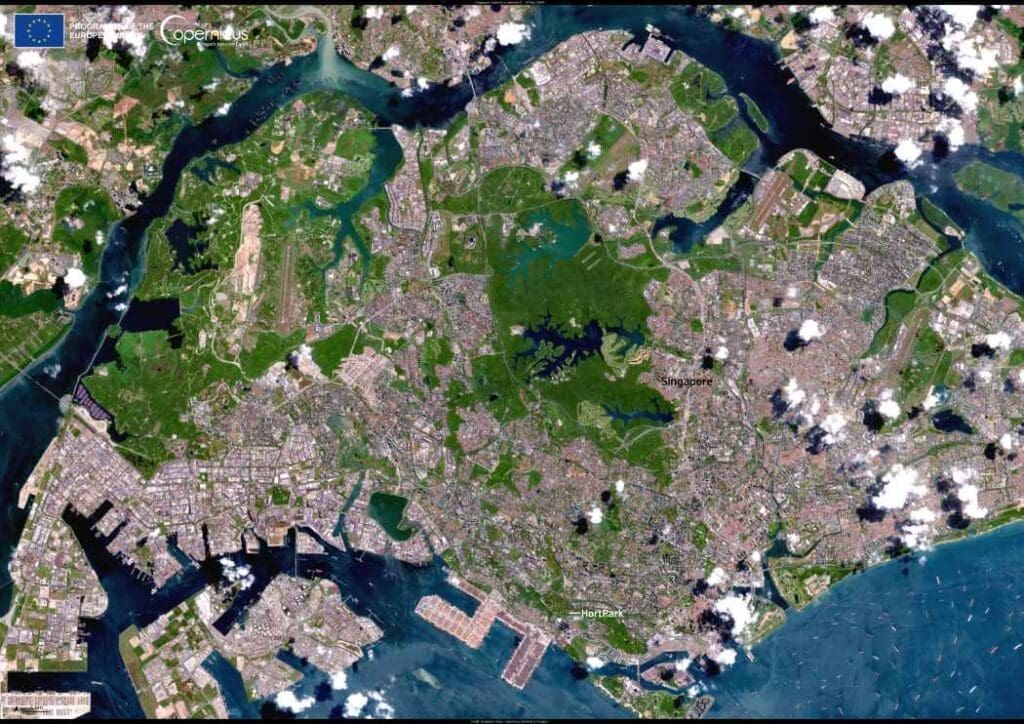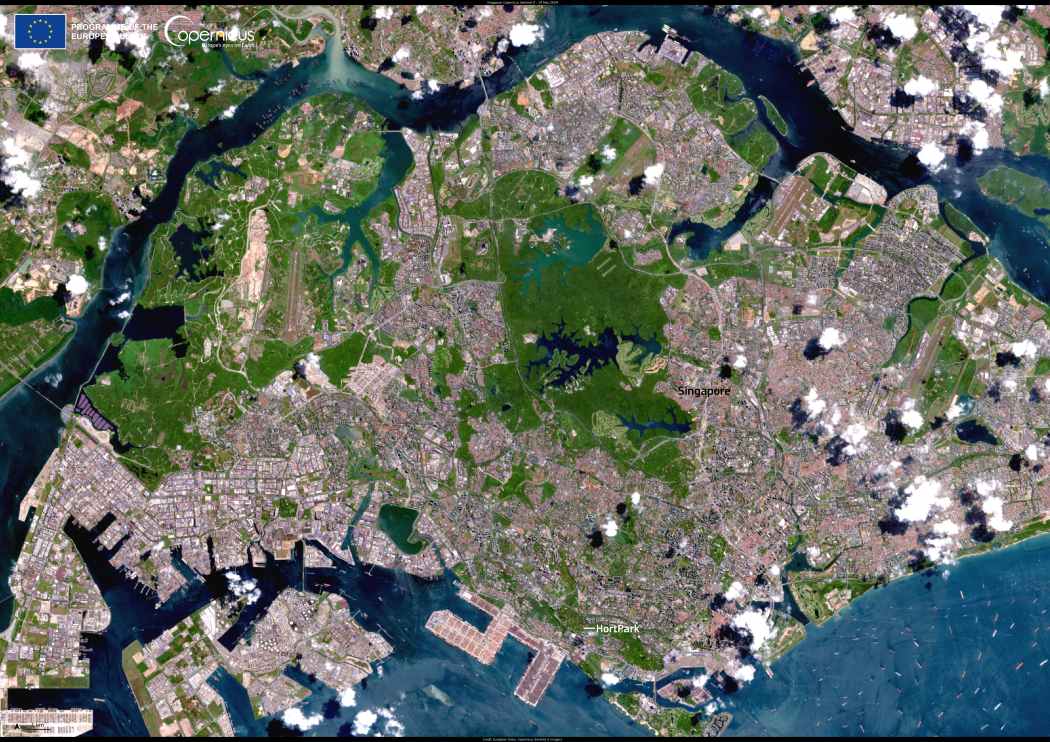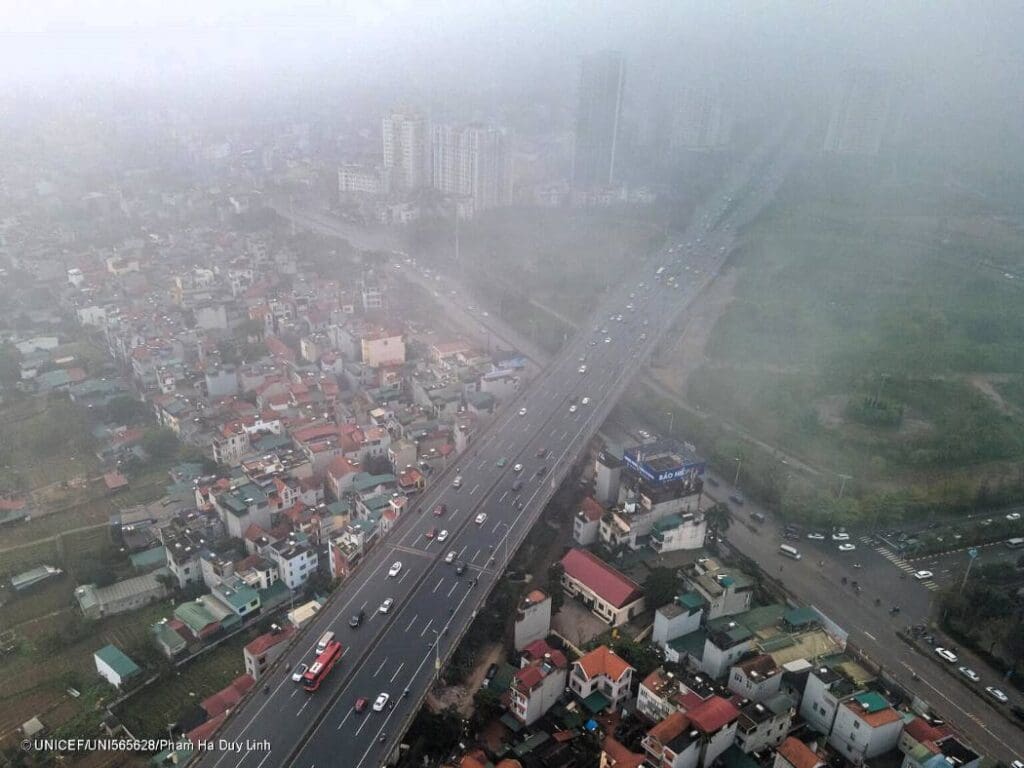Singapore, renowned for its visionary urban planning and abundant green spaces, is charting a new course in mental health tourism with its therapeutic gardens. These tranquil, sensory-rich spaces are designed to improve mental well-being for people with conditions such as autism, dementia, anxiety, and ADHD.
Currently, Singapore boasts 16 therapeutic gardens, with plans to expand the number to 30 by 2030. Designed in collaboration with neuroscientists and psychologists, the gardens incorporate insights gained from studying the brain activity of visitors to Singapore’s first therapeutic garden, HortPark.
Researchers found that the gardens provided measurable mental health benefits, improving mood, regulating emotions, lowering stress levels, and even reducing inflammation in the body.

Unique features of these gardens include ultra-violet light mazes, memory-triggering signage, confidence-building lookouts, and immune-boosting horticulture zones. These elements aim to stimulate the senses of smell, touch, taste, hearing, and sight, creating an environment that supports both mental and physical health, according to Singapore’s National Parks Board (NPB).
The gardens form part of Singapore’s larger vision of becoming a global wellness destination. Moving beyond conventional wellness tourism, which often centers on spa treatments, Singapore’s approach integrates scientific advancements with therapeutic landscapes. Other unique attractions, such as art therapy galleries, flotation treatment centers, and healing parks, further bolster this ambition.
This transformation of urban green spaces is a testament to Singapore’s commitment to sustainable development and public health. It reflects the city-state’s efforts to balance its dense population with innovative, eco-conscious initiatives.
The image accompanying this story was captured by the Copernicus Sentinel-2 satellite on May 14, 2024. Open data from Sentinel satellites is invaluable for monitoring environmental factors that influence both physical and mental health, enabling authorities to enhance these innovative spaces effectively.
Featured image credit: European Union, Copernicus Sentinel-2 imagery




